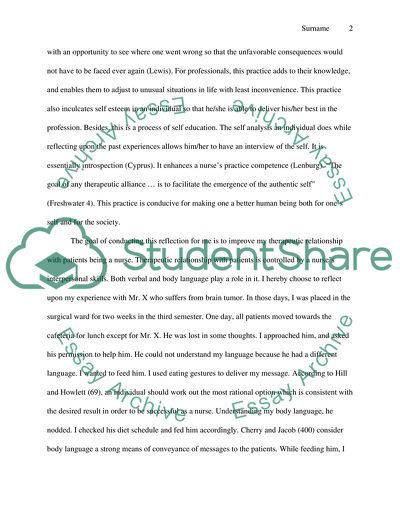Cite this document
(My Nursing Experience Personal Statement Example | Topics and Well Written Essays - 1500 words, n.d.)
My Nursing Experience Personal Statement Example | Topics and Well Written Essays - 1500 words. https://studentshare.org/nursing/1752074-critical-incident-analysis
My Nursing Experience Personal Statement Example | Topics and Well Written Essays - 1500 words. https://studentshare.org/nursing/1752074-critical-incident-analysis
(My Nursing Experience Personal Statement Example | Topics and Well Written Essays - 1500 Words)
My Nursing Experience Personal Statement Example | Topics and Well Written Essays - 1500 Words. https://studentshare.org/nursing/1752074-critical-incident-analysis.
My Nursing Experience Personal Statement Example | Topics and Well Written Essays - 1500 Words. https://studentshare.org/nursing/1752074-critical-incident-analysis.
“My Nursing Experience Personal Statement Example | Topics and Well Written Essays - 1500 Words”. https://studentshare.org/nursing/1752074-critical-incident-analysis.


